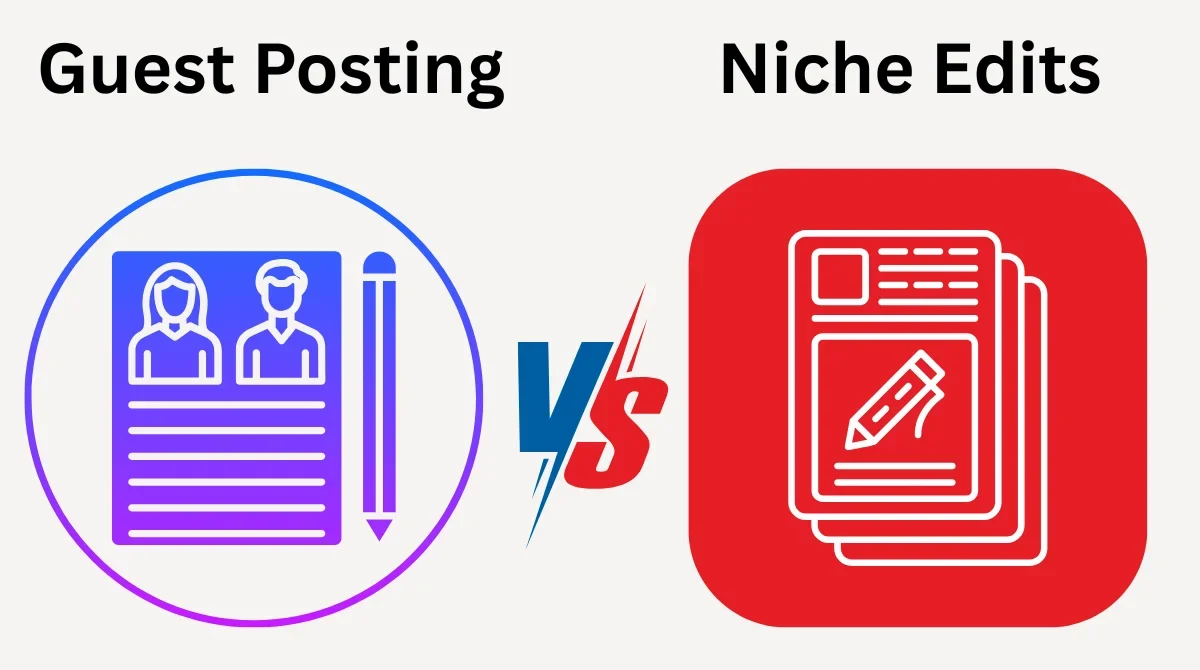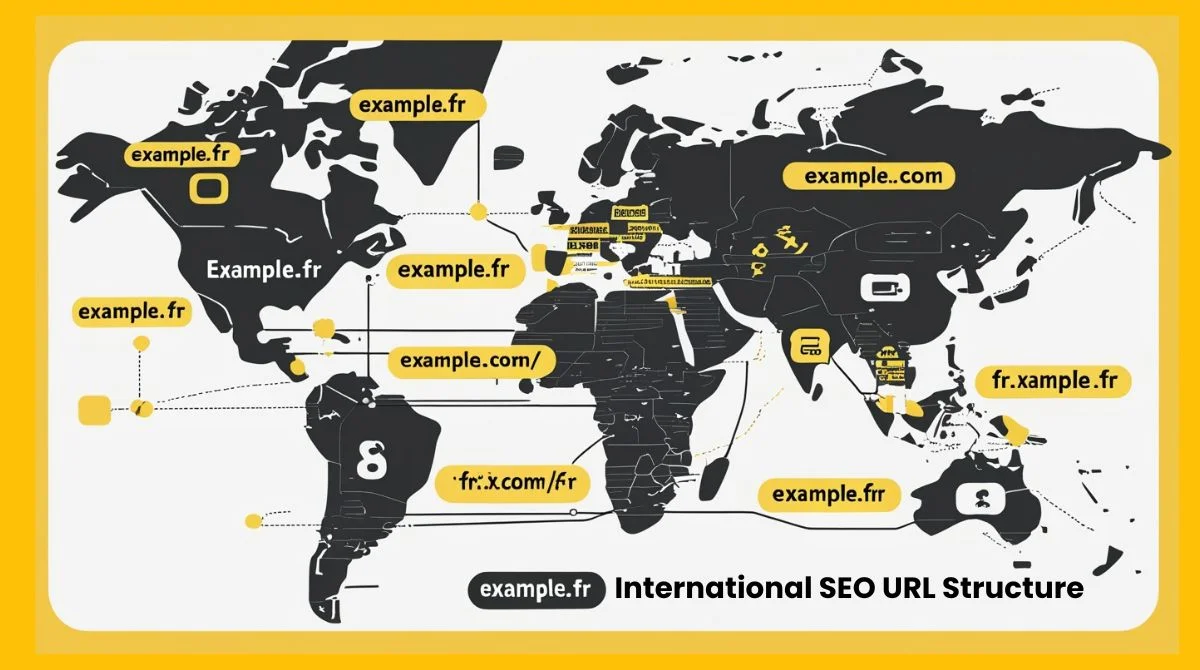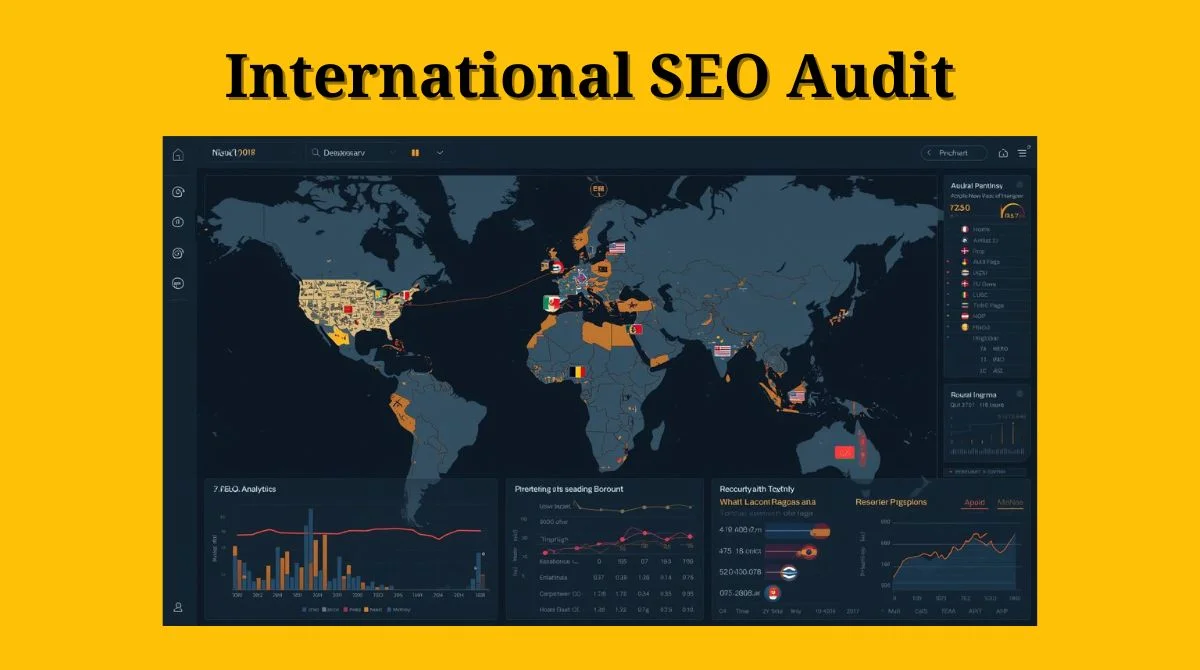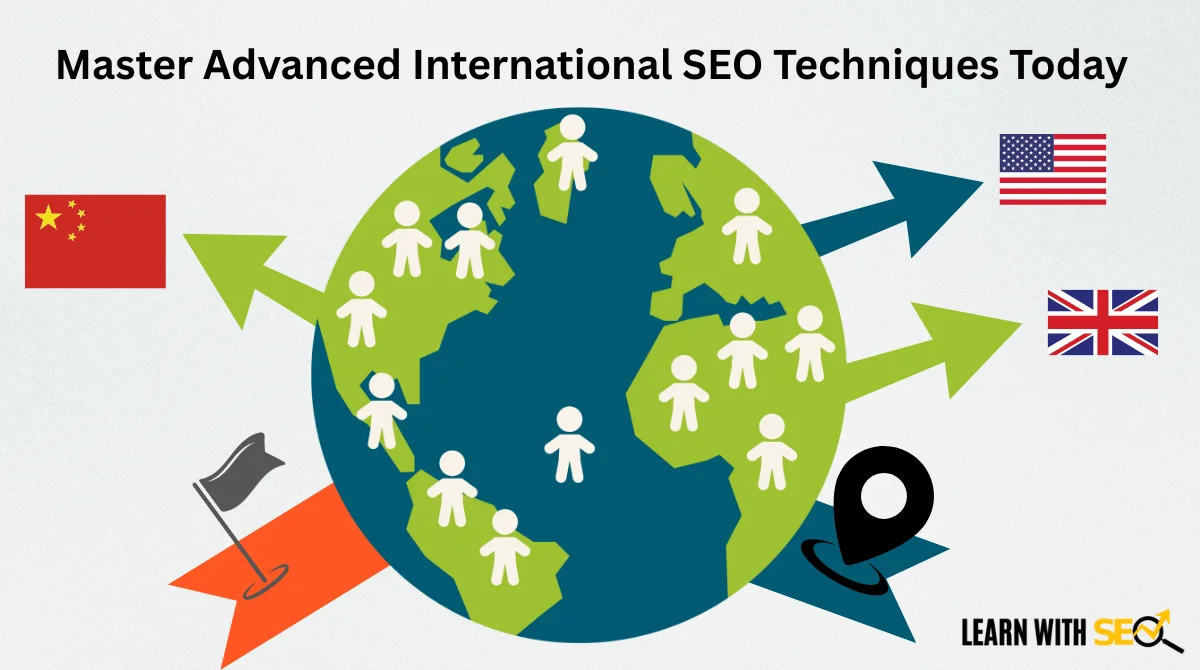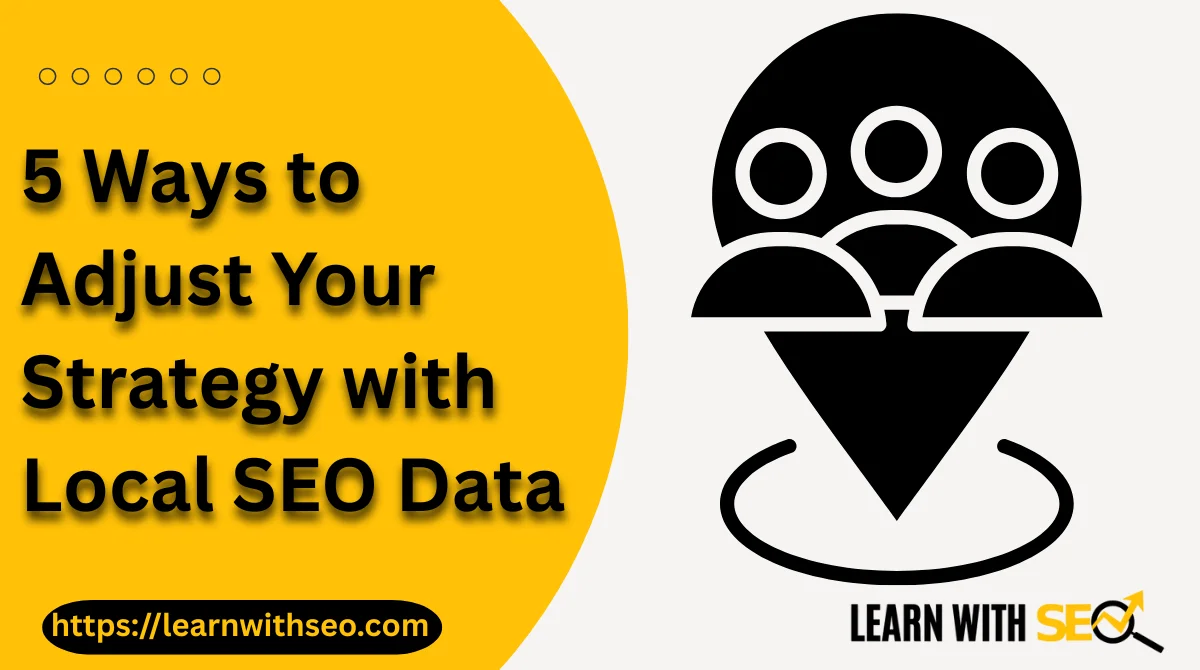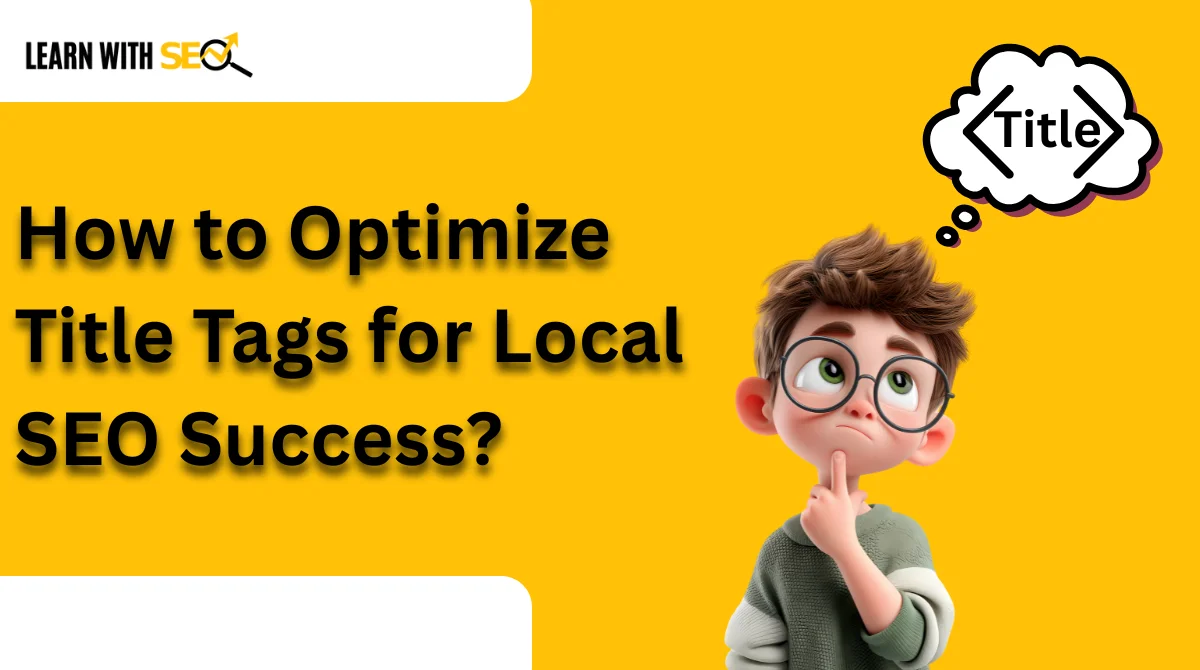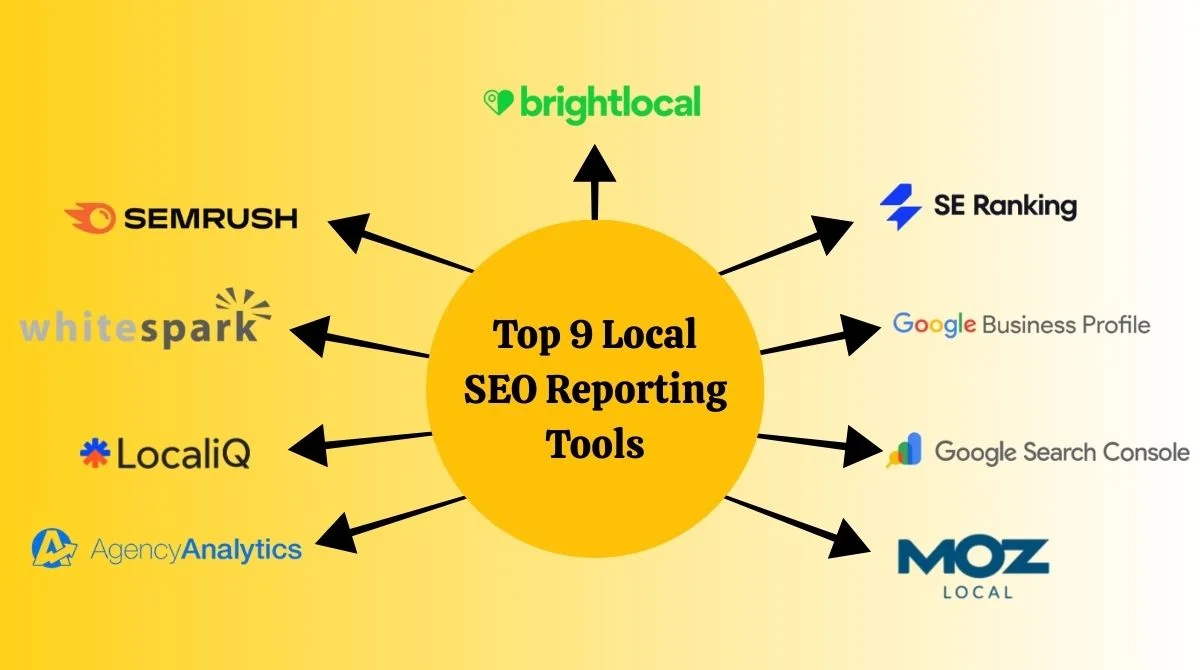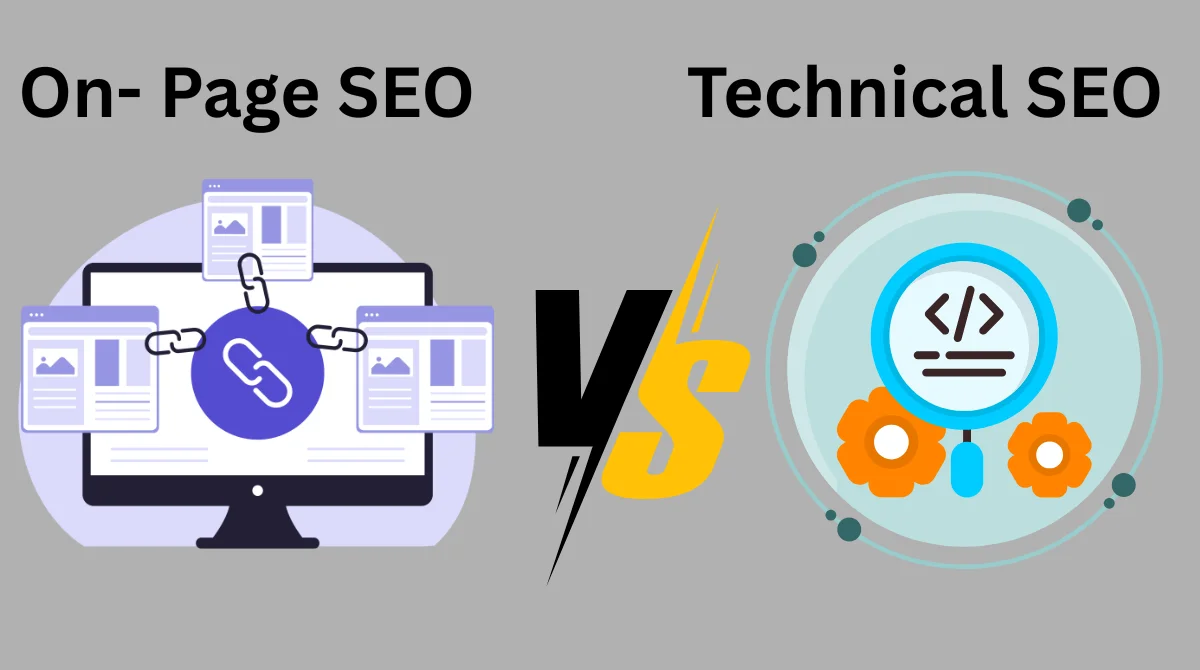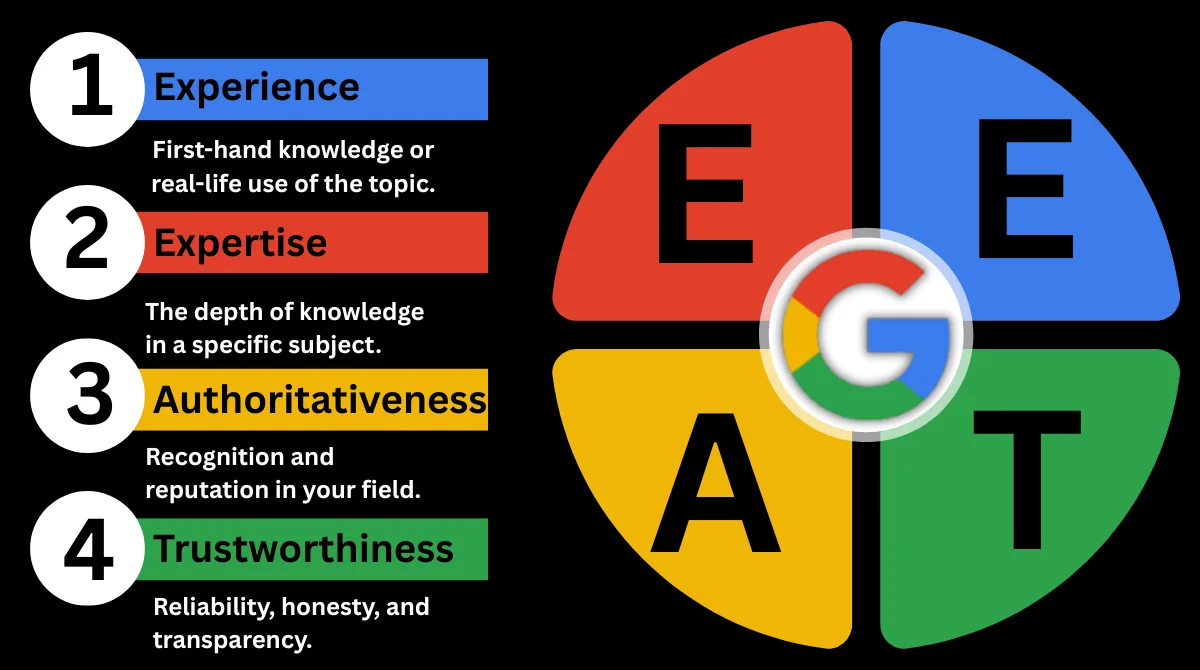- What is Guest Posting?
- What are Niche Edits?
- The Core Difference Between Guest Posting and Niche Edits
- Which Builds More Authority?
- SEO Value Comparison: Guest Posting vs Niche Edits
- When to Use Guest Posting?
- When to Use Niche Edits?
- How Google Views Guest Posting and Niche Edits?
- Pros and Cons
- The Smart SEO Strategy: Combine Both
- Final Verdict: Which is Better for SEO?
- Conclusion
Search engine optimization (SEO) has evolved far beyond just keywords and backlinks. Today, the quality, relevance, and authority of your backlinks matter more than ever. Among the most popular link-building methods, guest posting and niche edits stand out as powerful strategies to improve your site’s visibility and authority. But which one delivers better results for your business?
What is Guest Posting?
Guest posting (also called guest blogging) is when you write and publish an article on another website in your niche. In return, you usually get a backlink pointing to your site within the author bio or the article itself.
For example, if you run a digital marketing agency, you might write a guest post on a marketing blog like “10 Tips for Enhancing Your B2B SEO Strategy,” linking back to your site for reference or further reading.
Key Benefits of Guest Posting:
- High-quality backlinks: You can earn natural, relevant, and contextual links from authority websites.
- Brand visibility: It helps you reach new audiences and build credibility in your niche.
- Traffic generation: Readers who find your article valuable may visit your site to learn more.
- Relationship building: You can connect with other bloggers and influencers in your industry.
- Content control: Since you create the content, you can ensure it’s well-optimized and high-quality.
Guest posting is not just about links; it’s about positioning yourself as an expert and building a strong brand presence across the web.
What are Niche Edits?
Niche edits, also known as curated links or contextual backlinks, involve adding your link to an existing article on another website. Instead of writing a new guest post, you request or pay the site owner to include your link naturally within their already-published content.
For instance, if a blog has an old post about “Effective SEO Strategies for Small Businesses,” you could ask the site owner to insert a link to your article on keyword research, where it fits naturally within the text.
Key Benefits of Niche Edits:
- Quick results: You don’t need to write a new article; your link gets placed instantly in existing content.
- Established authority: The page already has authority and backlinks, so your link benefits from its existing SEO strength.
- Faster indexing: Since the content is already indexed, Google finds your link faster.
- Cost-effective: It’s often cheaper than creating new guest posts.
Niche edits are efficient and time-saving, but they require careful execution to maintain quality and avoid spammy practices.
The Core Difference Between Guest Posting and Niche Edits
| Feature | Guest Posting | Niche Edits |
| Content Creation | New article written by you | Added link in existing content |
| Time & Effort | High (needs writing, pitching) | Low (just insertion) |
| Control Over Context | Full control over content | Limited control (existing text) |
| SEO Impact | Long-term, sustainable | Fast, short-term impact |
| Cost | Usually higher | Often lower |
| Link Longevity | Typically permanent | Depends on the site owner |
| Risk Level | Lower (natural) | Higher if done on irrelevant or spammy sites |
Both strategies can boost SEO, but the choice depends on your goals, budget, and long-term vision.
Which Builds More Authority?
When it comes to building domain authority, guest posting typically emerges as the most effective approach. Why? It involves publishing fresh, original, and valuable content that enhances user experience. Search engines recognize the credibility of content creators who consistently share valuable insights across reputable sites.
Niche edits, on the other hand, can provide strong contextual links if done on relevant, high-quality pages. But they don’t add new content to the web; they leverage existing authority. That makes them powerful in the short term but less sustainable as a content strategy.
SEO Value Comparison: Guest Posting vs Niche Edits
Let’s analyze how both methods impact key SEO factors:
1. Link Relevance
- Guest Posting: Highly relevant since you control the topic and anchor text.
- Niche Edits: Depends on the placement; if the link fits naturally, it’s effective; if forced, it may harm rankings.
2. Anchor Text Optimization
- Guest Posting: You can use strategic anchor text without over-optimization.
- Niche Edits: Limited flexibility since you must fit into existing content.
3. Authority & Trust
- Guest Posting: Builds both authority and trust through expert content.
- Niche Edits: Passes link juice but doesn’t improve your author reputation.
4. Traffic Potential
- Guest Posting: Brings referral traffic and improves brand awareness.
- Niche Edits: May bring limited traffic since it’s not your content.
5. Risk of Penalty
- Guest Posting: Low risk when done naturally.
- Niche Edits: High risk if links are bought or placed on irrelevant pages.
When to Use Guest Posting?
Guest posting works best when your goal is to:
- Build long-term brand authority.
- Earn editorial links from trusted sites.
- Create relationships with influencers and webmasters.
- Drive referral traffic and visibility.
- Demonstrate your expertise to search engines.
This strategy is perfect for sustainable SEO growth because it follows Google’s E-E-A-T principles: Experience, Expertise, Authoritativeness, and Trustworthiness.
When to Use Niche Edits?
Niche edits are ideal when you want to:
- Quickly boost rankings for specific pages.
- Take advantage of aged, authoritative posts.
- Strengthen your backlink profile efficiently.
- Save time and resources on content creation.
However, always ensure the link fits naturally and the site’s content is topically relevant. Avoid low-quality or spammy sites they can harm your SEO rather than help it.
How Google Views Guest Posting and Niche Edits?
Google values organic and editorially earned backlinks. That means the link should be added because it provides value to the content, not just for SEO manipulation.
- Guest Posts: If written naturally and published on relevant sites, they comply with Google’s guidelines. Avoid paid guest posts with over-optimized anchors.
- Niche Edits: If the link genuinely enhances the existing article, it’s fine. But buying links or adding them unnaturally can lead to penalties.
The key is context, relevance, and quality. Google’s algorithms can detect manipulative patterns.
Pros and Cons
Guest Posting Pros
- Builds long-term authority and trust.
- Provides fresh, valuable content for readers.
- Strengthens brand recognition.
- Attracts organic traffic and social shares.
Guest Posting Cons
- Requires more effort and time.
- It can be costly if outsourced.
- Takes time to show results.
Niche Edits Pros
- Quick and easy to implement.
- Passes link equity from aged pages.
- Budget-friendly and efficient.
Niche Edits Cons
- Less control over context and placement.
- Risky if links are paid or irrelevant.
- Doesn’t build personal or brand authority.
The Smart SEO Strategy: Combine Both
In truth, you don’t need to pick just one. The smartest SEO professionals use a hybrid strategy that includes both guest posting and niche edits.
Here’s how you can balance them:
- Start with guest posts to build brand credibility and establish authority.
- Add niche edits strategically to diversify your backlink profile and boost targeted pages.
- Track performance using tools like Ahrefs, SEMrush, or Google Search Console.
- Focus on quality over quantity. One relevant link from an authoritative site is worth more than ten low-quality ones.
This combination creates a natural link profile that search engines love: consistent, contextual, and trustworthy.
Expert SEO Tip: Prioritize Contextual Relevance
Regardless of which method you choose, remember that context is king. A backlink from a highly relevant and authoritative page will always outperform dozens of random links. Google looks at:
- The topic match between linking and linked pages.
- The placement of the link (in-body links carry more weight).
- The surrounding text relevance and readability.
That’s why both guest posts and niche edits should focus on adding value to readers first, not just improving rankings.
Final Verdict: Which is Better for SEO?
If you want long-term authority, organic traffic, and brand trust, go with guest posting.
If you need fast results and cost-effective link-building, niche edits can be a great short-term boost.
But the real SEO power comes when both are used strategically together, guest posts for credibility, and niche edits for quick ranking wins.
In the end, SEO success isn’t about choosing one technique over another; it’s about combining ethical, user-focused strategies that align with search engine guidelines and provide real value.
Conclusion
Guest posting and niche edits are both effective when used with the right intent. The secret is balance, blending expertise-driven guest content with strategically placed, contextual niche edits. By focusing on quality, relevance, and ethical link-building, you’ll create a strong digital presence that stands the test of algorithm updates and time.

